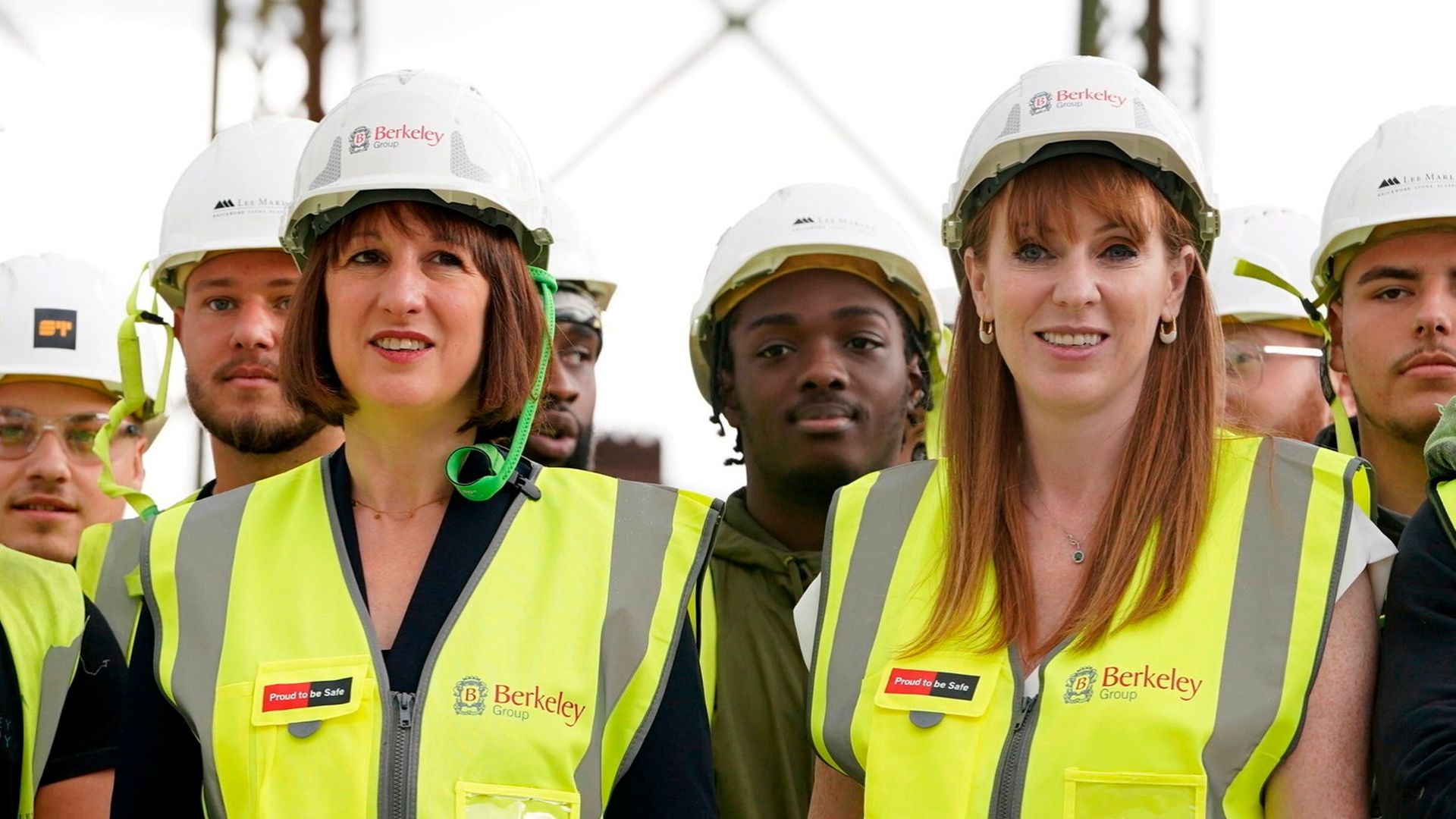
In her first major speech as Britain’s chancellor of the exchequer, Rachel Reeves underscored the new government’s dogged focus on delivering long-term economic growth, declaring it a “national mission”. With sluggish productivity for well over a decade, promises to drive growth are, however, much less important than the plan to deliver it. Labour’s growth strategy is still nascent, though its manifesto and early announcements give a flavour of its plan. One essential element is to unlock investment. Without a sustained increase in both public and private capital expenditure, Labour’s national mission will remain a pipe dream.
The UK has languished at the bottom of the G7 table for total investment for 24 of the past 30 years. Investment is needed to revamp roads, rail and energy infrastructure, and drive innovation. This boosts productivity growth and wages. Britain’s investment problem is multi-faceted, and no single lever can unleash it. But three catalysts will give Labour a strong chance of success: stabilising the policy environment, creating investment opportunities, and mobilising money.
To some extent, the government is already delivering on the first. “Stability” was central to its campaign messaging, and its large majority also makes Britain look more appealing to investors while political uncertainty continues in peer nations. Quick appointments and early policy announcements give investors confidence.
Many investors still need clarity, though, on other aspects of Labour’s agenda before making commitments. One is how it plans to improve relations with the EU. A second is how newly planned bodies — including a Regulatory Innovation Office, which aims to speed up regulatory decisions — will operate in practice. Investors are also seeking assurances on the government’s plans for capital gains tax, which some fear it will raise.
Alongside stability, Britain needs to open up investment opportunities. The government has made a promising start here. On Monday, Reeves outlined efforts to overhaul the country’s gummed-up planning system. This included commendable plans to elevate the importance of economic benefits in assessing development plans, provide support for more planning officers and a review of the National Planning Policy Framework. If this helps to simplify the system, it would remove a significant barrier to cross-industry investment. Another hurdle is skills shortages, which require the government to design a more flexible training system.
Finally, to turbocharge investment, the government must do a better job of channelling financial resources. Reeves used her speech to warn of the dire state of public finances, which only reinforces the importance of leveraging private financing sources for investment.
A £7.3bn National Wealth Fund, which will provide cornerstone funding to support private sector investment, is encouraging. The fund’s task force on Tuesday suggested extending investments into “wider sectors”, beyond the initial focus on decarbonisation, and to entrench operational independence from the government. Provided this does not result in small-scale scattergun investments, this sounds sensible. The government must simultaneously pursue efforts to liberate the country’s vast pension savings for capital investment. A further source of funding is foreign investment. Here, a “concierge service” could help prospective investors navigate regulatory issues and boost the country’s appeal.
To overturn decades of under-investment, the government will have to spin many plates. It has got off to a decent start. But if it is to fund public service renewal from economic growth, delivering on all aspects of the investment agenda will be crucial.